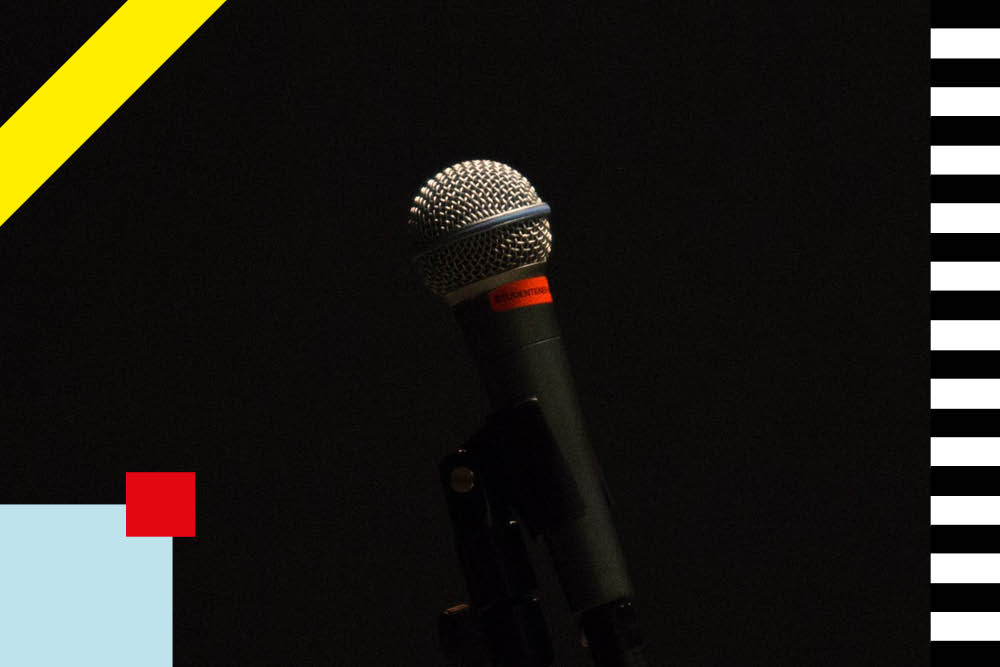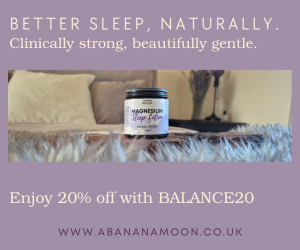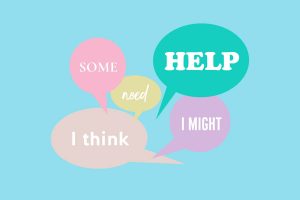Using mindfulness to overcome public speaking nerves

Lead singers don’t deserve most of the jokes fired their way. The most unfair (though funniest) is the light bulb one. How many lead singers does it take to change it? One, they stand in the middle of the room while the rest of the world revolves around about them.
That’s usually a charge against the rampant narcissism and egoism of the role (though to be fair, as you shake your tailfeathers from the stage, these traits can be functionally necessary). But in terms of the sustainability of a singing career, it’s often the case that singers have to put themselves — and their fragile instrument — at the centre of the picture. Because in such a cash and publicity hungry industry as the music business, few others will.
As a lead singer myself I’ve found a new weapon in my armoury, to defend these vocal cords from assault on all sides: meditation. On a very crude level, there’s nothing more likely to chase a clipboard-bearing researcher from your dressing room, than for them to find you in full, seated-erect, eyes-closed, deep-breathing mode. A blessed five minutes to yourself always helps in the promotional maelstrom.
But it’s the effect of meditation on the singer’s experience that is much more important. One of the most consistent pieces of advice that vocal coaches give you is to ensure that, while under intense performance regimes, you stay as unstressed as you possibly can be.
This isn’t just nice-to-have-and-do, but physically essential. Your primary sound-making instruments are your vocal cords, delicate folds of tissue that are intimately connected to the overall state of your body. Keeping hydrated (lots of water, and very little caffeine or alcohol), and generally fit, is the most obvious self-care you can apply.
But I’ve found recently that meditation, to calm the nerves amidst the storm, is the most valuable and singer-friendly practice of all. Feeling anxious and worried before a big performance — live singing on mainstream TV or radio is the most demanding example — is completely self-subverting. Literally, those tissues just tighten up in response and, when cords are taut, they often don’t do what you want them to do. In front of hundreds of thousands, or even millions.
For example, any singer (whatever their ideological stance) will have watched the Prime Minister Teresa May croak in the middle of her recent big conference speech and felt a pang of sympathy. Her stress levels are probably, right now, way into the red zone and, even barring a light cold, one of the places that stress makes a beeline for is vocal performance.
For commercial singers, the whole tilt of the music business nowadays leans towards 24/7 stress. With the collapse of recorded music as a paid-for commodity, the emphasis is on constant promotion and live performance, as the most reliable way to make a living. Often the voice is at the centre of the whole business plan. So it must be protected. What’s the best way?
Well, one way that meditation helps, other than as an immediate physiological aid, is that it adds to the protective force-field of mild weirdness that most singers have to throw up around themselves. Now that might well be genuine eccentricity, postured cool, or anything in between.
But what being a public meditator in the music biz does is to definitely discourage people from chatting with you too much in a performance situation. ‘Leave him alone – he’s meditating’ is bliss to your ears in a crowded backstage area. Then, you have the space to concentrate on giving the best of your voice.
The same goes for any public speaking, from wedding speeches to











